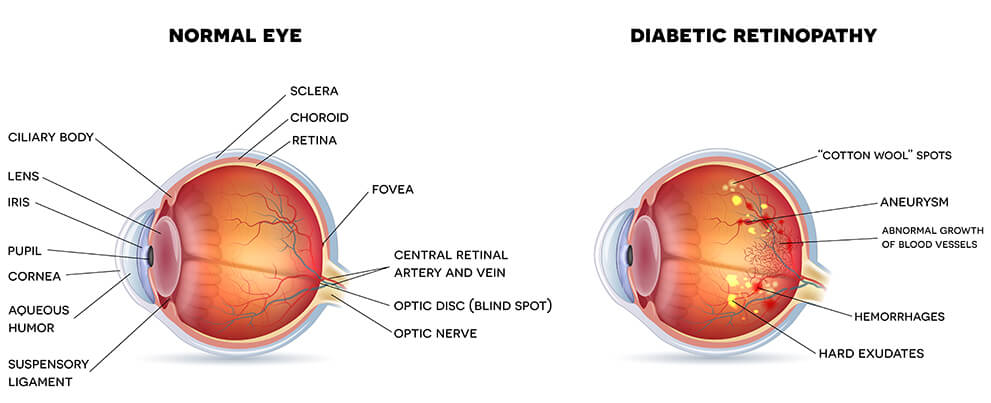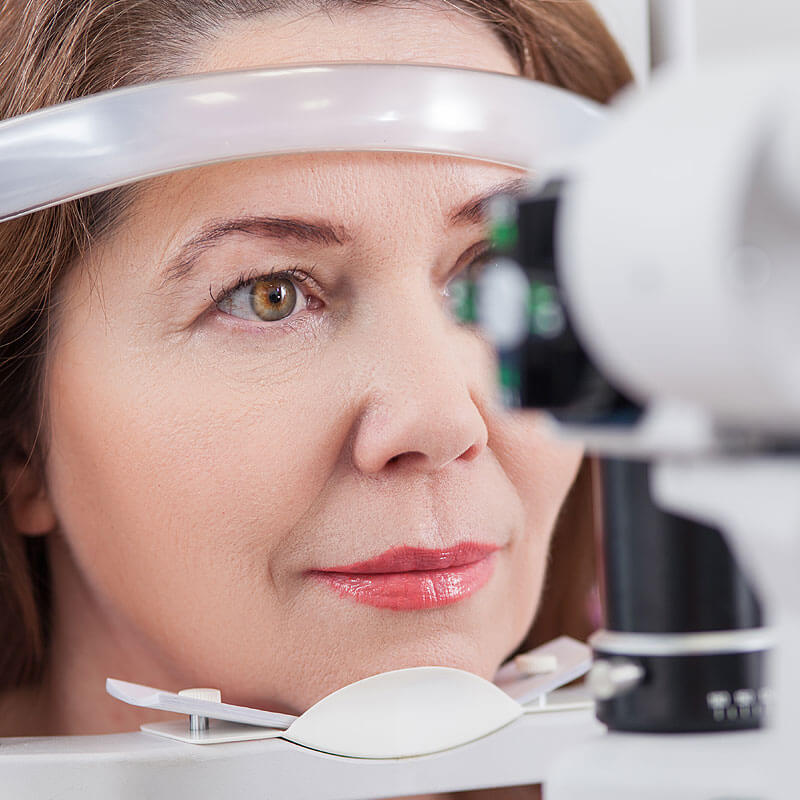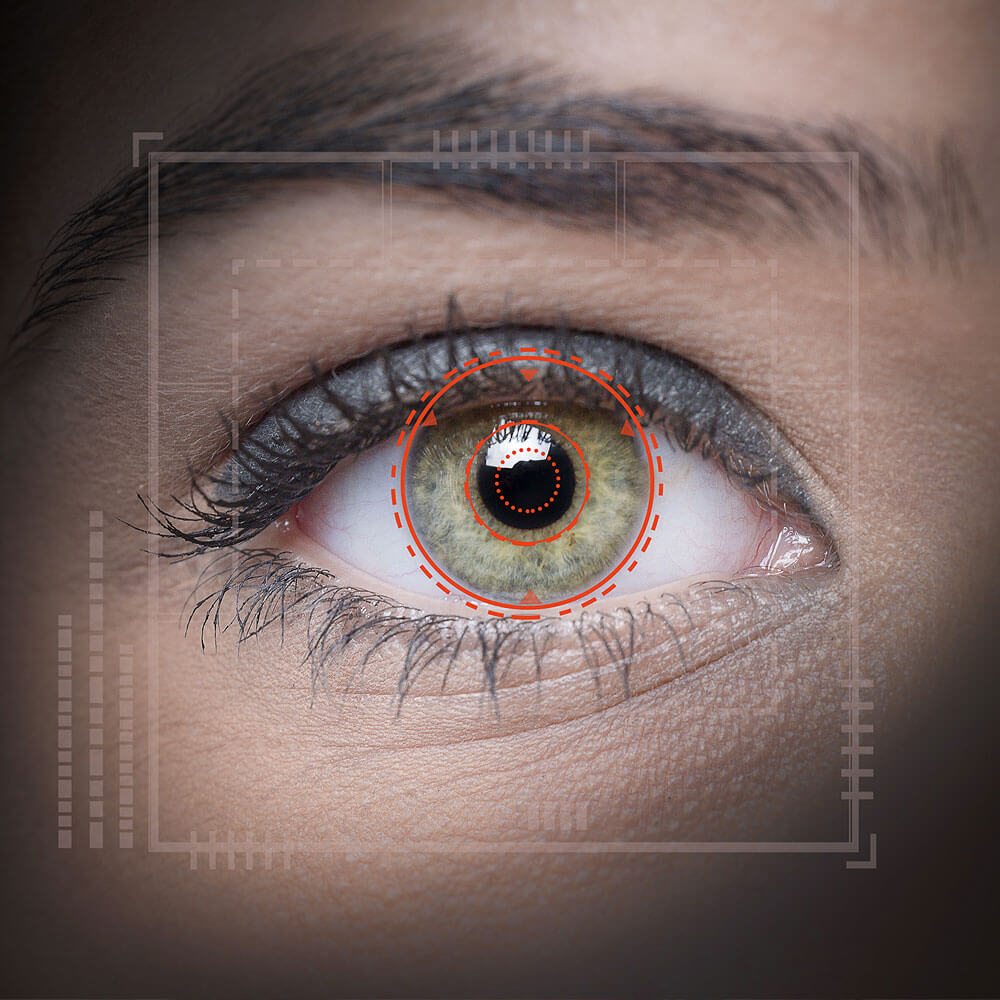Diabetic retinopathy refers to diabetes-induced eye conditions that affect the retina. When not controlled, high blood sugar levels cause blood vessels in the retina to swell and leak.

This leads to damage in the surrounding tissue and cells. Retinopathy causes damage to the retina that can threaten your vision. Retinopathy destroys photoreceptor cells. These allow the retina to process light into images in the brain.
Left undiagnosed and untreated, diabetic retinopathy can cause total blindness. Diabetic retinopathy is the leading cause of blindness in Americans aged 15-64.
Damage caused by diabetic retinopathy to the retina is irreversible. If diagnosed and treated early, it can be properly managed without severe vision loss.
Does Everyone with Diabetes Develop Diabetic Retinopathy?
Diabetes does not guarantee you’ll lose your vision because of diabetic retinopathy. If you have diabetes but keep your blood sugar levels under control, you are less likely to have issues.
Diabetic retinopathy occurs most in individuals with frequently high blood sugar levels. Any individual who has diabetes for long enough will develop a degree of retinopathy.
The disease may not occur for a long time or advance as quickly. Still, it is important for any diabetic to have regular retinal exams.
There are also other factors that can put you at greater risk for diabetic retinopathy. Race is one of these factors. If you are diabetic and African American, Hispanic, or Native American, you have a higher risk of retinopathy.
This does not guarantee that you will experience visual loss due to retinopathy. At-risk individuals should be aware of their risk. They should also have frequent retinal exams as recommended by their doctor.
What Are the Symptoms of Diabetic Retinopathy?
There are two types of Diabetic Retinopathy: non-proliferative (NPDR) and proliferative (PDR).
NPDR will usually have no discernible symptoms. It is often characterized by a small amount of swelling in the retina.
This is an early stage of retinopathy and can be diagnosed through close examination. Close examination may reveal tiny dots from blood because of swollen vessels leaking.
Identifying NPDR can be valuable in managing or preventing advanced stages of retinopathy.
PDR is the type of retinopathy associated with visual loss. It’s characterized by the formation of many abnormal blood vessels near the optic nerve.
When they swell and leak, the tissue of the retina becomes damaged and scarred. This scarring can even cause the retina to detach.
At advanced stages, symptoms are often easy to see, and can include:
- Blurry vision
- Floaters
- Visual fluctuations
- Complete visual loss in certain areas of your vision

By the time many of these symptoms are noticeable, though, the damage has already occurred. It is vital to diagnose retinopathy as early as possible.
How Is Diabetic Retinopathy Treated?
There is no cure for diabetic retinopathy. You can manage it with certain treatments that slow or stop the progression of the disease. These treatments may include:
Vitrectomy:
This treatment involves removing some of the vitreous gel in the eye along with scar tissue. This eases the pressure pulling on the retina.
Photocoagulation:
Photocoagulation closes off leaking blood vessels by burning the ends using a laser.
Anti-VEGF Injections:
Anti-VEGF injections inject medicine right into the eye. This medication stops the production of vascular endothelial growth factor (VEGF).
This is a protein that stimulates the formation of new blood vessels. By inhibiting VEGF, abnormal blood vessels can’t form and stops swelling and leaking.
These treatments are not permanent solutions to diabetic retinopathy. Many need several sessions of treatment to continue to prevent retinal damage.
With diabetic retinopathy, early diagnosis is key. This makes the condition easier to manage and continue treating.
In the early stages, you may only need to control your blood sugar levels and maintain a healthy diet. Regular retinal exams will also allow your doctor to keep a handle on any progression.
This will let them recommend when medical intervention in later stages is necessary. Looking for diabetic retinopathy treatment? Schedule an appointment with Vitreo-Retinal Consultants in Wichita, KS today!





